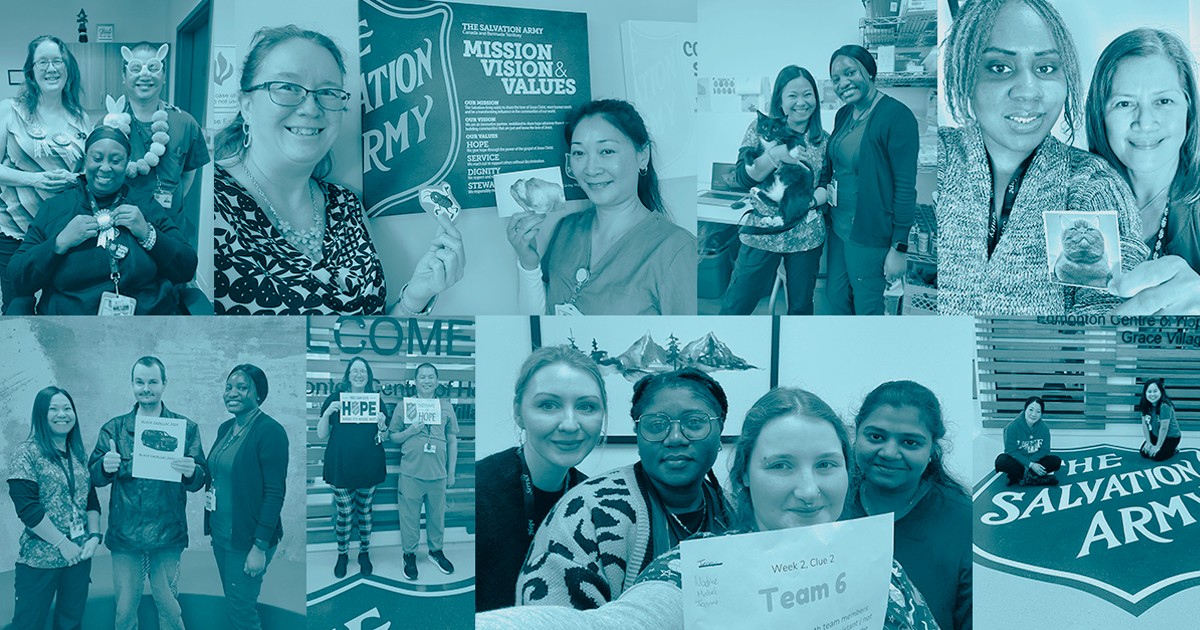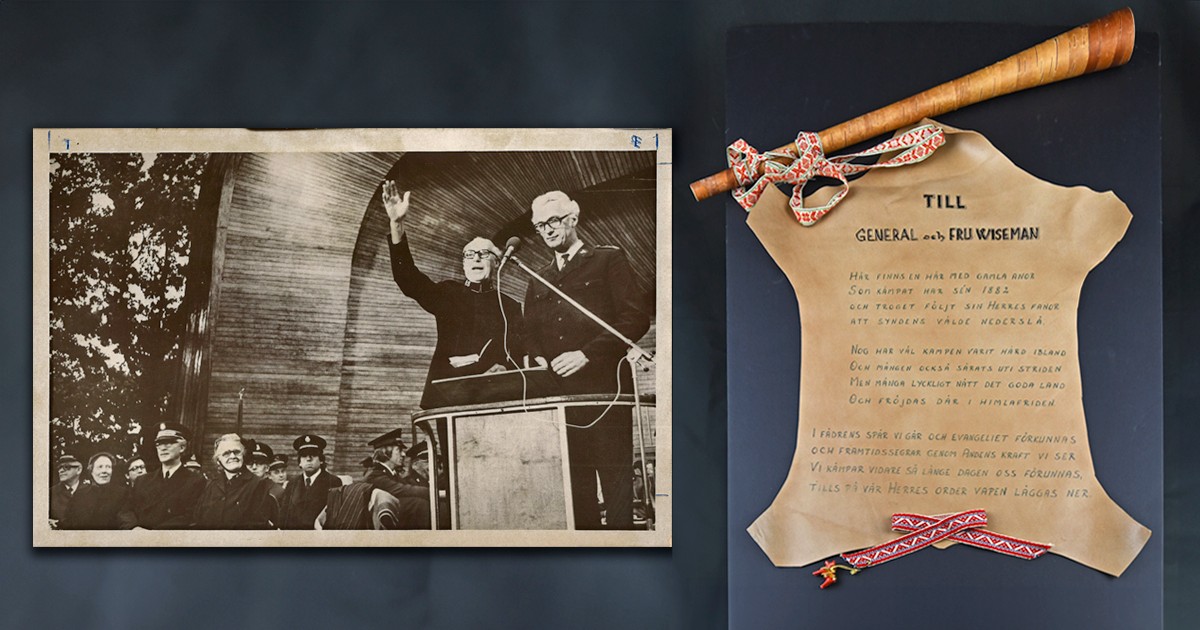When I was a kid, life was simple. We could play outside all day until our parents called us home for dinner. When I was a new officer, 35 years ago, life was simpler, too. We didn’t have computers or fax machines. We rarely heard from divisional headquarters. We could focus on the mission, on the people in front of us.
Today, life isn’t so simple, as the pace of technological and social change continues at breakneck speed. The world is increasingly complex, and this has been reflected in The Salvation Army. We are a large organization with many moving parts. In the Canada and Bermuda Territory, we are present in more than 400 communities, across six time zones. From Victoria to Halifax to Hamilton, Bermuda, we have more than 11,000 officers and employees.
The scope and impact of our front-line work is significant and transformational, but this work has become complicated. Officers and employees must contend with more regulatory and legal compliance requirements than ever before. My wife, Lani, and I have only been out of the corps for a few years, so we have been at the front line and understand this administrative burden.
In 2018, our territory conducted a complexity study to examine this issue, and one of the critical recommendations was to implement software and systems that would streamline processes and make work easier for our front line. Hope is on the way—we have been working behind the scenes to bring Workday, a human resource software program, online. Workday is a one-stop shop for managing a company’s workforce, including payroll, timesheets, benefits and more.
Up until now, ministry units have kept track of people in many ways, using paper-based and electronic methods. Once Workday is operational, an officer or employee will have their unique profile set up in the system, enabling consistently available information and eliminating the need to keep going back to the corps or ministry unit for data that should already be available.
Beyond Workday, we will have other software programs to help manage information for our clients and volunteers. At a recent meeting about our Christmas kettle campaign, I met a woman who began working for the Army 13 years ago, as a new immigrant to Canada. Her first job was as a kettle co-ordinator, and she described the challenges of everything being done on paper, how incredibly time-consuming it was. Imagine if she had a program where volunteers could schedule their own shifts and, as a co-ordinator, she could easily fill a shift when a volunteer isn’t available. These new programs will transform the way we do work here at The Salvation Army.
We’ve been listening to the field, and we want to support the front lines so their time isn’t consumed with administrative tasks or functions that can be centralized at territorial headquarters. We want to lift that administrative burden from the local ministry unit, so they can focus on what they’ve been called to do, our mission of saving souls, growing saints and serving suffering humanity.
This is all part of other changes to centralize our mission support functions, such as our human resources, accounting practices and fundraising. By working nationally on these mandates, we can bring consistency, quality and predictability to the way we deliver services.
These initiatives are about working together to create a better future for our Army, as we seek to participate in the mission of God.
Colonel John Chamness is the chief secretary in the Canada and Bermuda Territory.










Personally, I’m looking forward to this new system, and, am learning to trust and work with people new to the Army. They often have valuable information and ways that we are unaware of or have ignored in favour of tried and true methods. God knows and has brought people to further the mission with different skill sets. That said, Darren has expressed some important frustrations. How can we better work together to make this a team effort?